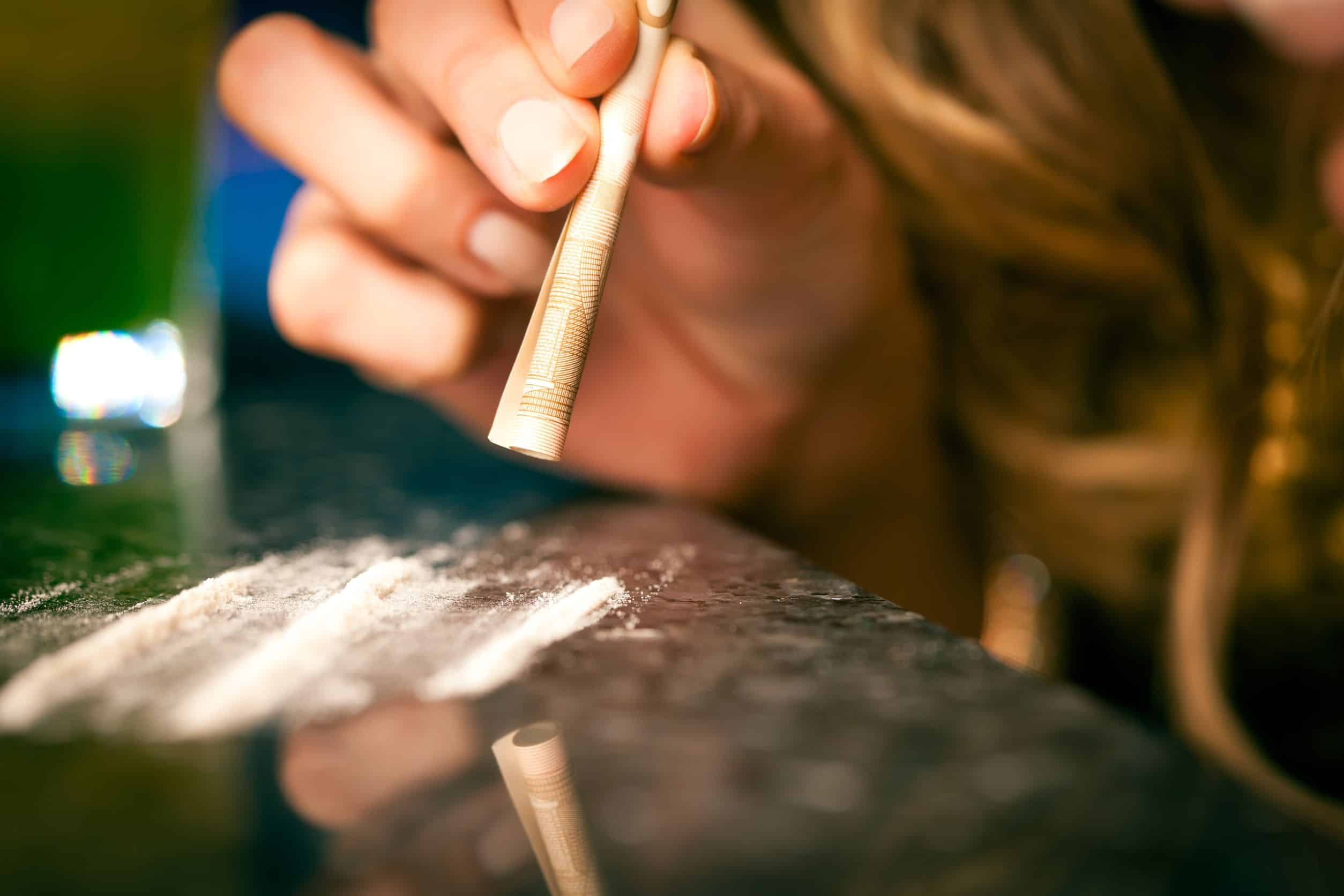
A Teen’s Brain: Warning Signs Every Parent Must Know
October 17, 2018
Figuring Out What’s Going On in a Teen’s Brain
Teenagers are sometimes challenging to bring up. If you are a parent of a teenage daughter or son, you might have experienced frequent mood changes, estrangement from you, and changing hobbies and other interests. Many parents have a hard time deciding which of their teen’s behaviors are normal, and which of their actions should send off a signal of concern for a bigger issue.
It can be hard to determine if there are changes in your teen’s brain due to regular teenage changes, mental health issues, or due to drug use. Depression and anxiety may occur during all of the physical changes happening in a teenager’s life during this time. Early diagnosis and treatment will help your older child be happier and feel more stable. But the only way to know for sure whether or not your child has a mental health issue or is using drugs is to consult medical help for specific answers to your questions.
Statistics on Drug Abuse in Teens
According to a 2015 survey, the number of teens using drugs is decreasing. However, there are still a significant number of teens who are using drugs and alcohol. Some of the statistics in this study included that:
- About 50 percent of high school seniors have abused some kind of drug.
- Smoking marijuana is not harmful, according to about 68 percent of high school seniors.
- Alcohol and marijuana remain the most often used and abused substances amongst teens.
- Approximately 15 percent of all teenagers have tried marijuana.
- Almost 8 percent of teenagers have used or have been prescribed Adderall.
- Teenagers are using prescription pain medications at a rate of 64%. These kids got their medications from a family member or a friend.
- 28% of teens surveyed said they know someone who has used ecstasy.
- And lastly, 44% of high school students stated they know someone in their class that sells drugs.
Five Signs that Your Teenager May Be Involved in Drugs or Alcohol
Behavioral Changes
According to Innovations in Clinical Neuroscience, any significant changes in behavior may signal drug or alcohol use. Look for such behavioral changes as:
- A substantial and sudden change in friends.
- A lack of communication between the teen and their parents.
- Withdrawal from favored friends and family.
- Not being interested in activities that they previously enjoyed.
- Items or medication is disappearing from your home. Your teen may be stealing things to sell for drugs or drink.
Mood Changes
While teenagers naturally seem to live life on an emotional rollercoaster, they may have even more extreme periods of irrationality or drama if they are abusing substances. During these mood changes, they may become more irritable than usual, become verbally abusive and in some cases become violent towards the people around them.
Personality Changes
If your teenager starts spending more time alone, he or she may be experiencing a substance abuse issue. Apathy, a lack of self-control, disinterest in school as well as dropping grades may also indicate that your teenaged child may be more interested in drugs or alcohol than they are in school, church or other routine activities they used to enjoy.
Body Changes
Some of the visible changes in the body that occur when a teen is using drugs or alcohol include your child having:
- Bloodshot eyes.
- A difference in the size of his or her pupils, especially if they become dilated.
- A sudden change in your child’s weight.
- Nosebleeds that occur more often than usual.
- Shaking or trembling.
- Red skin or flushing.
- A change in activity levels. If your child suddenly has unlimited energy or needs to sleep more, something may be amiss.
Drug Paraphernalia Possession
Small porcelain bowls, hypodermic needles, cigarette lighters, small weight scales, butane torches, pipes and bongs as well as vials, and balloons are significant signs that your child is using drugs.
How to Get Help for Your Teenager if They are Using Drugs or Drinking
Hillcrest Adolescent Treatment Center remains an excellent choice when seeking help for your teen’s behavioral issues. Hillcrest specializes in inpatient treatment of teenagers only who have mental, behavioral and addiction health problems. Reach out to us today for more information and get your adolescent child back on the right track.
Sources:
https://www.drugabuse.gov/publications/drugfacts/monitoring-future-survey-high-school-youth-trends
https://www.ncbi.nlm.nih.gov/pmc/articles/PMC3257983/

